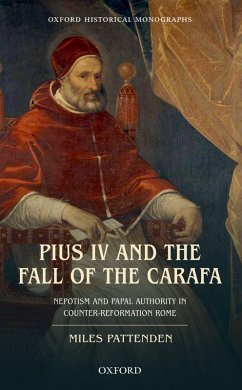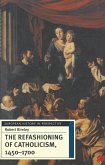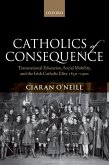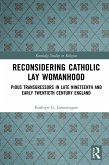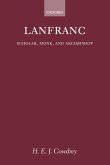Drawing from new archival research, Pius IV and the Fall of the Carafa shows how the popes of the mid-sixteenth century sought to re-assert and project their authority over the Catholic Church during the first phase of the Counter-Reformation. Its narrative focus is the trial of cardinals Carlo and Alfonso Carafa, nephews of Paul IV (1555-1559), who, together with Carlo's brother Giovanni, were arrested and indicted by their uncle's successor Pius IV (1559-65) on charges of murder, theft, and corruption. Taking place from June 1560 to April 1561 as preparations were underway for a resumption of the Council of Trent, this was the only occasion in the early modern period in which a papal family were impeached for their actions in government. It provided a well-publicized forum in which questions about the nature and extent of the pope's authority were raised, contested, and answered by different groups within the Roman political and ecclesiastical elite. While the Carafa trial has previously been understood to have been primarily of importance only to the development of papal nepotism, Miles Pattenden now demonstrates how Pius used it as a vehicle by which to intimidate the College of Cardinals and to re-impose stricter hierarchical control over the institutions of the Catholic Church.
Dieser Download kann aus rechtlichen Gründen nur mit Rechnungsadresse in A, B, BG, CY, CZ, D, DK, EW, E, FIN, F, GR, HR, H, IRL, I, LT, L, LR, M, NL, PL, P, R, S, SLO, SK ausgeliefert werden.

